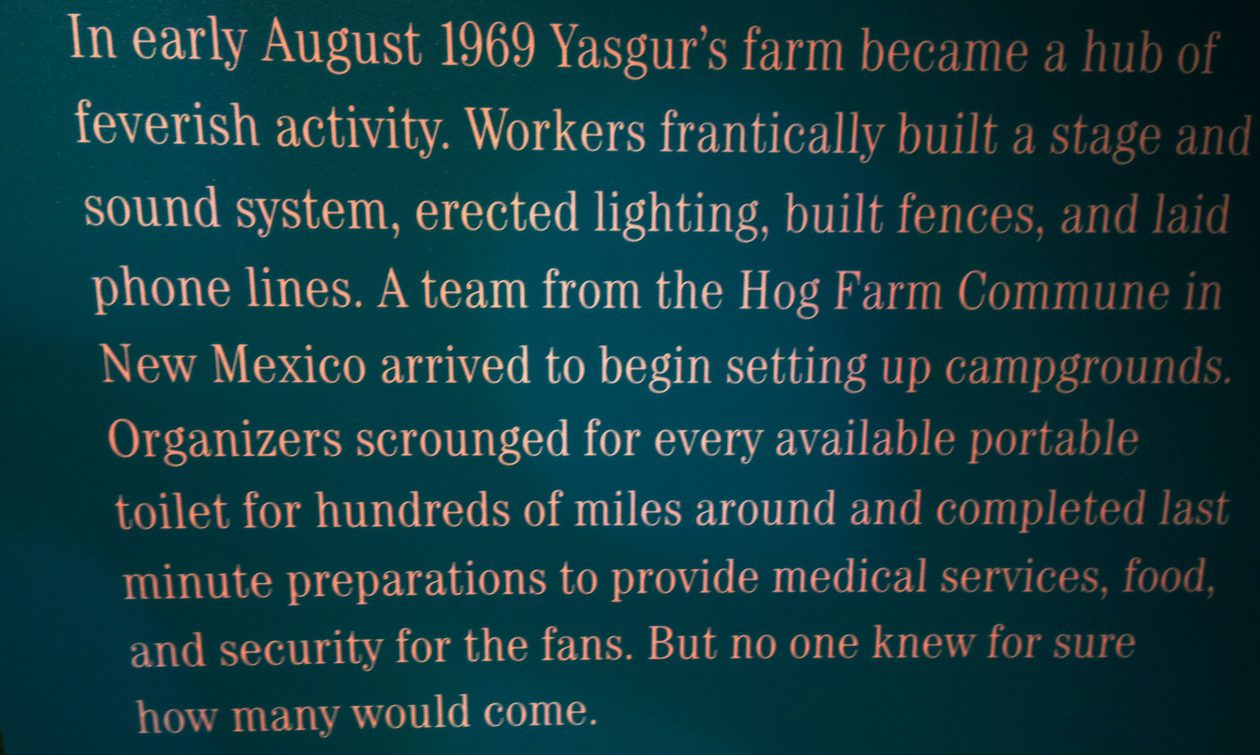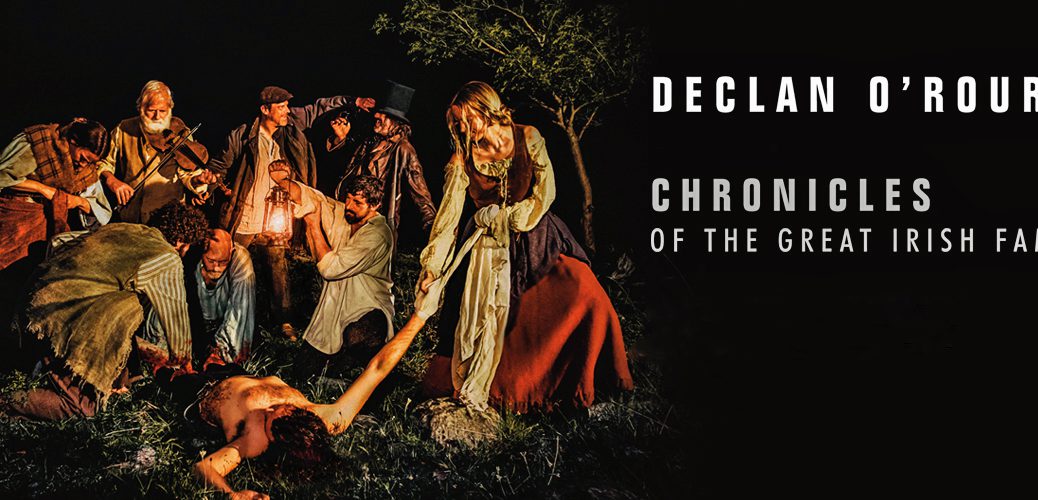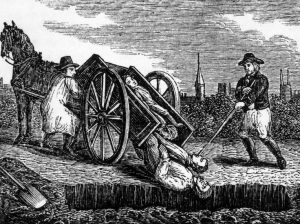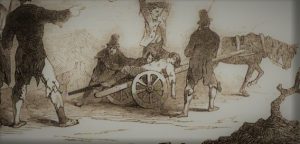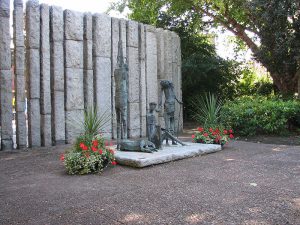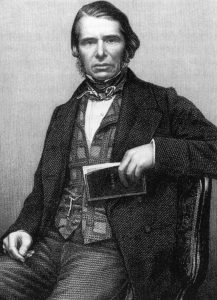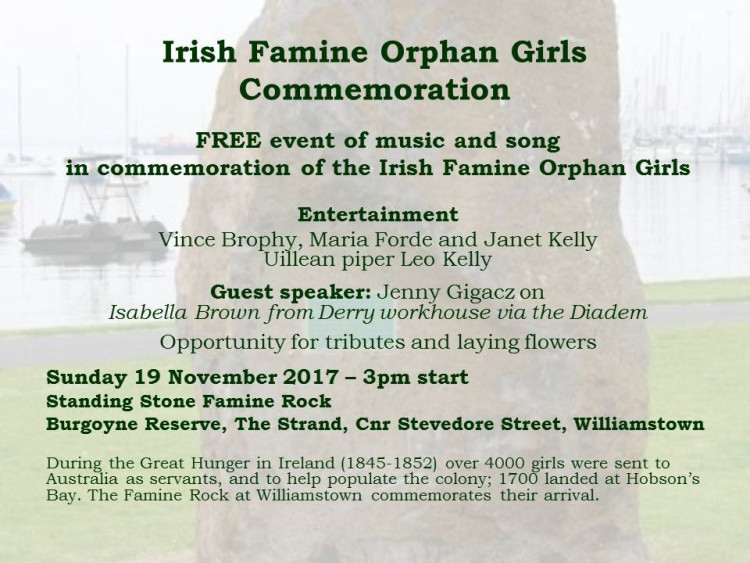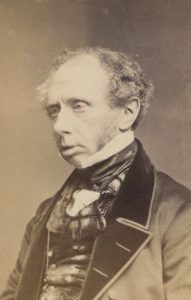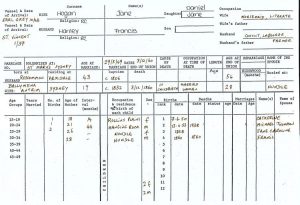Declan O’Rourke Rattle My Bones
Starvation, the death of loved ones, the mistreatment of children, and political laissez faire are no laughing matters, yet those suffering can sometimes find a crumb of solace by poking a stick in the eye of horror. Gallows humour.
Declan O’Rourke Rattle My Bones
Departure
The eighth song on Declan O’Rourke’s Chronicles of the Great Irish Famine album is just as sad and upsetting as each of the others. Repeated listening does not dull the pain nor lessen the anger.
In his observations, O’Rourke refers to this song as have blue notes. The Wikipedia entry says that a blue note is “a note that—for expressive purposes—is sung or played at a slightly different pitch than standard. “
Not a musician, I’m not exactly sure what that means, but my guess is that the song contains something off-key and the result is that the sound grates. If that is the case, then a song about starvation that grates is certainly appropriate.
Declan O’Rourke Rattle My Bones
Alone
The song’s narrator is alone. His wife and children have died. Now so thin, his bones rattle.
Providence chose to wean us from life
With the longest, and slowest, and bluntest of knives.
Declan O’Rourke Rattle My Bones
From the grave
Yet he sings about it and then we learn that the narrator is dead and that “the only music to play now I’ve died, Is the squeak of the wheels beneath where I lie.”
Someone else, likely starving as well, now earns his starvation living by pushing a rattling cart along the streets to pick up the dead.
The song’s melody is nearly upbeat. Upbeat in the face of horror.
At this point in the album, we’ve come a long way from the rural beauty of Clogman’s Glen. We’ve arrived on city streets where the starving lie dying outside a storehouse filled with grain.
There is no succor in sight.
Akin to Dylan’s Ironic Eden
The lamppost stands with folded arms
Its iron claws attached
To curbs ‘neath holes where babies wail
Though it shadows metal badge
All and all can only fall
With a crashing but meaningless blow
No sound ever comes from the Gates of Eden
